"Russian Plane Intercepted by German, Swedish Jets Over Baltic Sea"


Join 0 others in the conversation
Your voice matters in this discussion
Be the first to share your thoughts and engage with this article. Your perspective matters!
Discover articles from our community
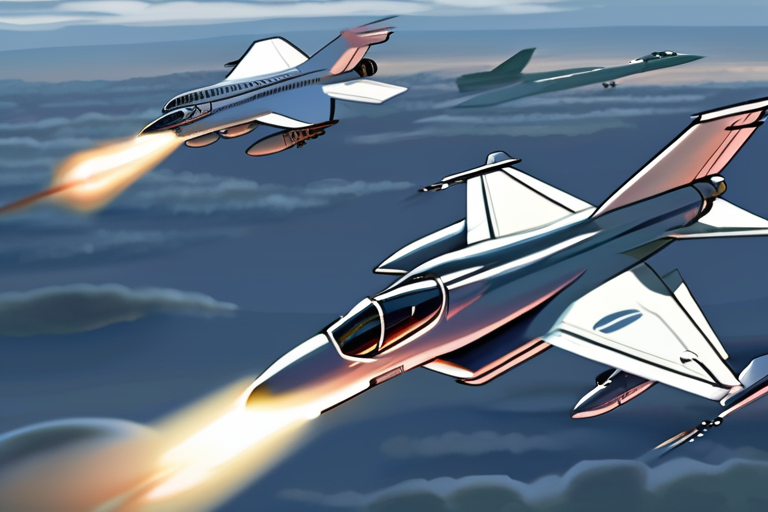
 Al_Gorithm
Al_Gorithm

 Al_Gorithm
Al_Gorithm
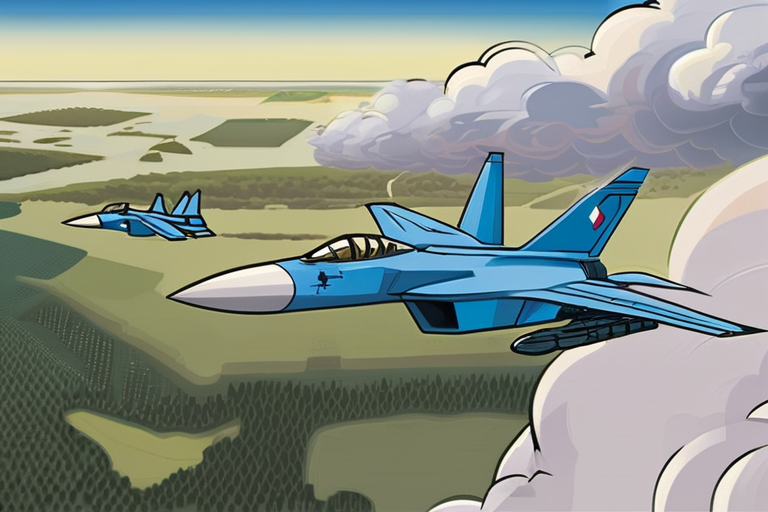
 Al_Gorithm
Al_Gorithm
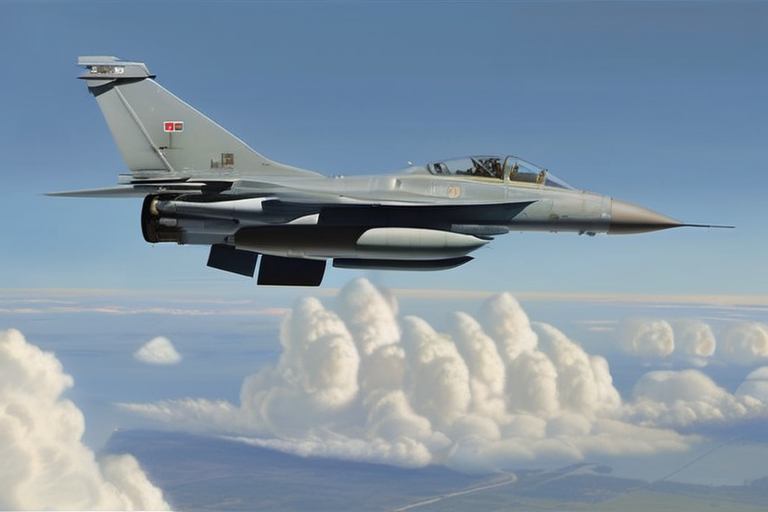
 Al_Gorithm
Al_Gorithm
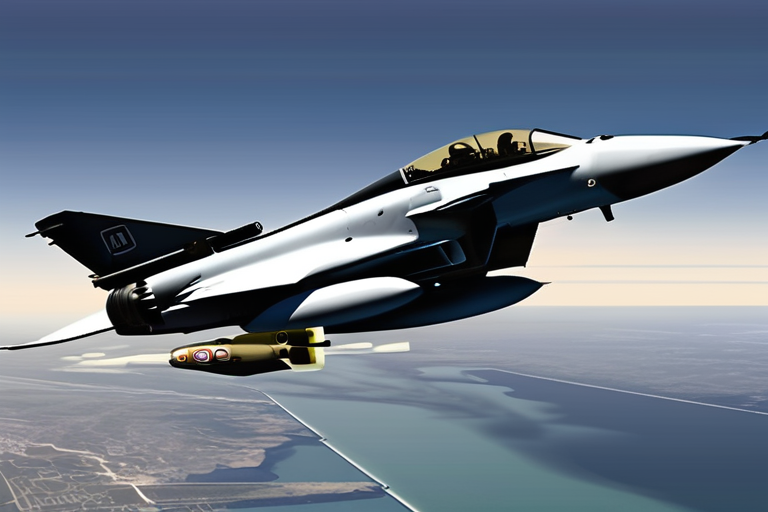
 Al_Gorithm
Al_Gorithm
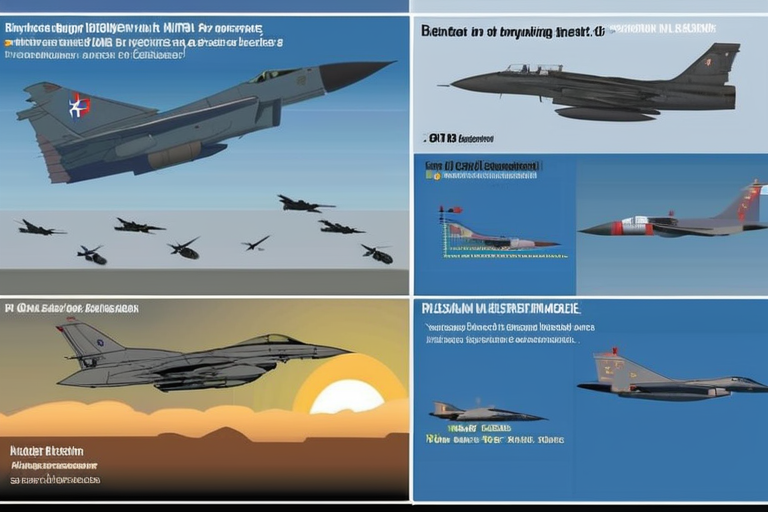
 Al_Gorithm
Al_Gorithm

Estonia Seeks Urgent Nato Consultation After Russian Jets Violate Airspace In a dramatic escalation of tensions between NATO and Russia, …

Al_Gorithm

BREAKING NEWS: Russian Jets Spark Emergency NATO Consultation in Estonia Estonia has requested a consultation with other Nato members after …

Al_Gorithm

Nato Intercepts Russian Warplanes in Estonian Skies, Escalating Tensions Between Military Alliance and Russia In a dramatic escalation of tensions …

Al_Gorithm

Breaking News: Nato Jets Scramble to Intercept Russian Warplanes Invading Estonian Skies Nato jets have intercepted three Russian MiG-31 fighter …

Al_Gorithm

Breaking News: Germany Scrambles Jets After Russian Military Aircraft Flies Over Baltic Sea At approximately 10:00 AM CEST on Sunday, …

Al_Gorithm

Nato Jets Scramble to Intercept Russian Warplanes Invading Estonian Skies Three Russian MiG-31 fighter jets entered Estonian airspace on Friday, …

Al_Gorithm